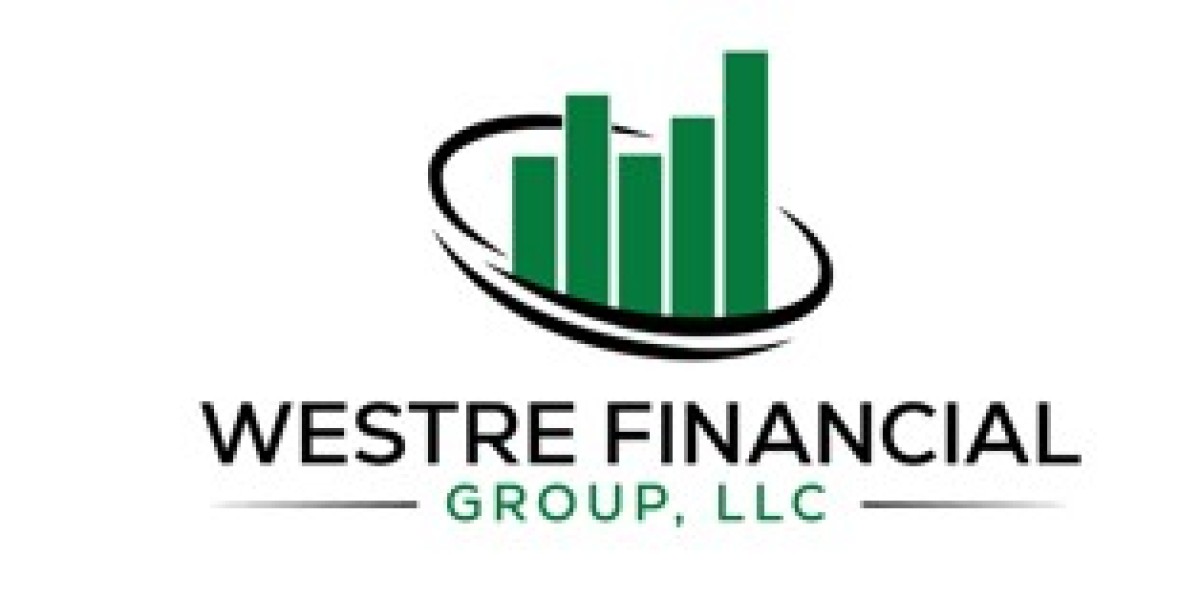What is Hard Money Lending?
Hard money lending is a type of asset-based financing where loans are secured by real property. Unlike traditional loans, which are typically based on the borrower’s creditworthiness, hard money loans are primarily focused on the value of the property being financed. These loans are often used for short-term financing needs, such as purchasing, flipping, or renovating properties.
In St. Louis, hard money lenders are usually private individuals or companies, making the lending process more flexible and faster than conventional banks. This agility can be a significant advantage in a competitive real estate market where time is often of the essence.
How Hard Money Lending Works
The Loan Process
- Application: The borrower approaches a hard money lender with a proposal. This usually includes details about the property, the intended use of the funds, and an assessment of the property’s value.
- Property Assessment: The lender conducts an appraisal or a valuation of the property. This step is crucial as the amount of money lent is generally a percentage of the property's value, often between 60% to 80%.
- Loan Agreement: If the lender approves the loan, they will present a loan agreement outlining the terms, including interest rates, fees, and repayment timelines.
- Funding: Once both parties agree on the terms, funds are disbursed quickly—often within a week, which is much faster than traditional loan processes.
- Repayment: Hard money loans are typically short-term, lasting from a few months to a couple of years. Borrowers must repay the loan with interest at the end of the term, often through a lump sum or refinancing.
Key Terms to Know
- Loan-to-Value (LTV): This ratio compares the loan amount to the property's appraised value. A lower LTV means less risk for the lender.
- Points: These are fees charged by the lender, typically a percentage of the loan amount, and are paid upfront.
- Interest Rate: Hard money loans usually come with higher interest rates compared to traditional loans, reflecting the increased risk for the lender.
Advantages of Hard Money Lending in St. Louis
- Speed of Funding: One of the most significant advantages of hard money lending is the speed at which funds can be accessed. In a competitive market like St. Louis, having quick access to cash can mean the difference between securing a property or losing it to another buyer.
- Less Stringent Qualification: Hard money lenders focus on the value of the property rather than the borrower’s credit score. This makes it easier for individuals with less-than-perfect credit to obtain financing.
- Flexibility: Hard money loans can be tailored to fit the needs of the borrower, including repayment terms and loan amounts, making them a viable option for various real estate projects.
- Real Estate Investment Opportunities: Investors often use hard money loans to finance quick flips or renovations on properties. With St. Louis being an attractive market for real estate investment, these loans can provide the necessary capital to capitalize on lucrative opportunities.
Risks and Considerations
While hard money lending has its benefits, it’s essential to be aware of the associated risks:
- Higher Costs: Interest rates and fees for hard money loans are generally higher than traditional financing options. Borrowers should ensure that the potential return on investment justifies these costs.
- Short-Term Nature: The short-term nature of hard money loans means that borrowers need a solid exit strategy, whether that’s selling the property, refinancing, or paying off the loan through other means.
- Property Risk: If the property does not appreciate in value or if the borrower fails to make payments, the lender can seize the property, resulting in potential loss for the borrower.
- Regulatory Environment: The hard money lending industry is subject to regulations that can vary by state. In Missouri, lenders must adhere to specific licensing requirements, and borrowers should do their due diligence before entering into agreements.
Finding Hard Money Lenders in St. Louis
If you’re considering hard money lending in St. Louis, here are a few tips for finding the right lender:
- Research: Look for reputable hard money lenders in the St. Louis area. Online reviews, testimonials, and local real estate investor groups can provide insights into potential lenders.
- Ask Questions: Don’t hesitate to ask potential lenders about their experience, rates, fees, and processes. A trustworthy lender will be transparent and willing to provide information.
- Network: Attend real estate investment meetings or seminars to connect with other investors who can recommend hard money lenders.
- Compare Options: Always compare multiple lenders to ensure you get the best possible terms and rates.
Conclusion
Hard money lending can be a valuable tool for real estate investors and homebuyers in St. Louis, offering quick access to funds and a flexible approach to financing. However, like any financial decision, it’s essential to weigh the pros and cons carefully. By understanding how hard money lending works and conducting thorough research, you can make informed choices that align with your real estate goals.
Whether you’re looking to invest in a fixer-upper or need quick financing for a property, hard money lending can provide the financial support necessary to seize opportunities in the vibrant St. Louis real estate market.









